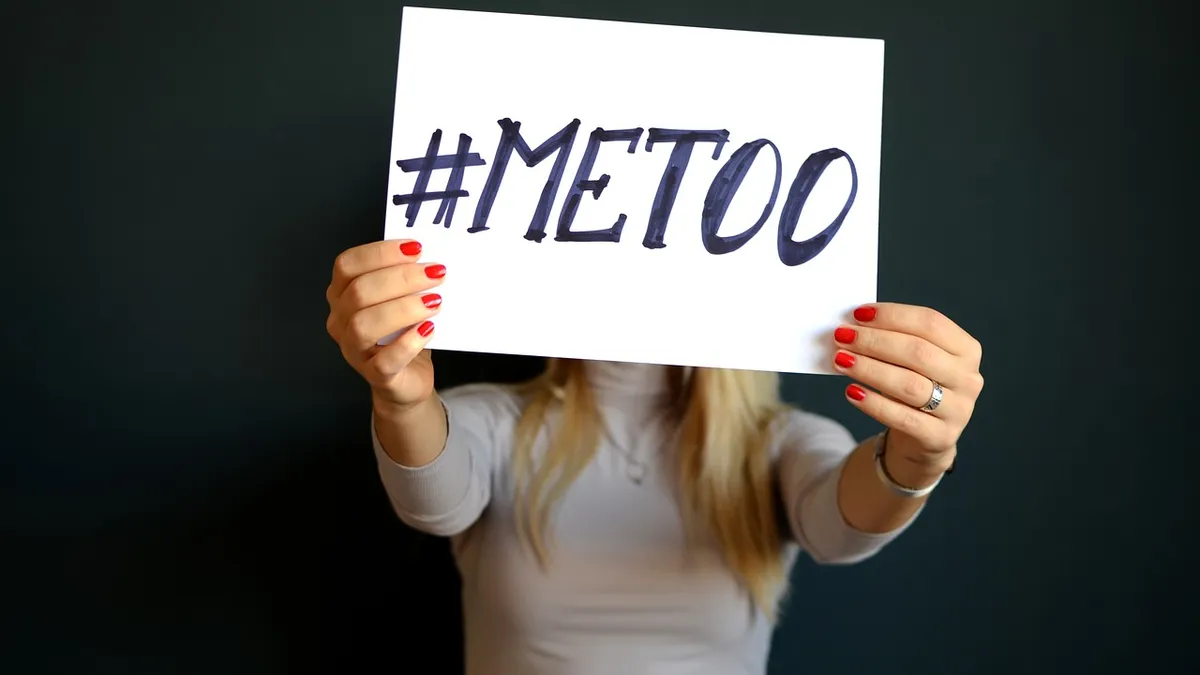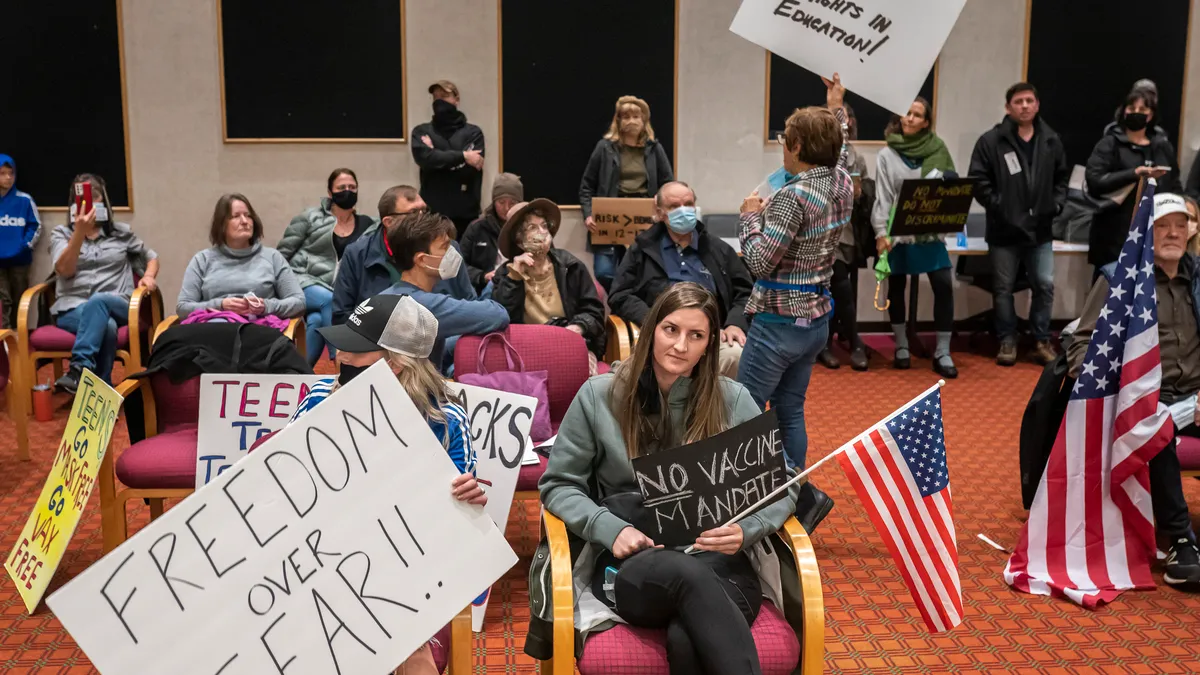Dive Brief:
-
U.S. Secretary of Education Betsy DeVos released proposed changes to Title IX guidelines in November, and during the 60-day comment period, many educators voiced concerns about the proposal, Education Week reports. One concern is the proposal may discourage school officials from responding to sexual harassment claims that take place off-campus – even if the impact of those actions affects a student’s life at school.
-
Another worry is about the potentially narrower definition of sexual assault that critics say will cause confusion and force victims to suffer greater degrees of abuse. Education Week cites a comment from Sasha Pudelski, The School Superintendents Association's advocacy director, who wrote, "Students would be forced to endure repeated and escalating levels of abuse, from a student or teacher, before their schools would be required to investigate and stop the harassment."
-
Others fear the proposal could limit which school officials are required to respond to sexual misconduct claims, Education Week reports. And if the responsibility is only to address complaints that fall within a school official’s “actual knowledge,” students who have trouble speaking up could be left feeling fragile or voiceless and wouldn't get the help they need. In her written comment, one teacher said, "Please do better for our children."
Dive Insight:
According to data from the Office for Civil Rights, there are more than 120 pending sexual violence cases and more than 150 sexual harassment cases under investigation at elementary or secondary schools. These investigations involve traditional public schools, charter schools and private schools across the country and, in most cases, have been open for years.
When DeVos took office, she vowed to try and fix what she referred to as a “failed” system: “Instead of working with schools on behalf of students, the prior administration weaponized the Office for Civil Rights to work against schools and against students,” she said in a speech in September 2017.
However, many educators and advocacy groups are concerned the proposed guidelines will do more harm than good. Though there are certainly supporters, some K-12 educators feel the guidelines will weaken protections for students and muddy the waters of compliance even more. In addition to the questions already mentioned, others include: With the narrowed definition, what cases will Title IX offices take up? How will schools handle off-campus conduct that affects students while they are at school? And how will the religious expansion affect faith-based schools?
This debate comes at a time when sexual assault investigations on K-12 campuses appear to be increasing. Between the fall of 2011 and the spring of 2015, there were roughly 17,000 official reports of sexual assault made by students, an investigation from the Associated Press found. And, the AP noted, this tally is likely far from complete, because not all states track such data and their classification systems vary.
As schools await the final guidelines and the future of federal Title IX policy is uncertain, educators and administrators can still enforce their own policies regarding sexual assault and harassment, work with law enforcement as needed, and provide counseling services for students who are impacted by any form of sexual misconduct. Above all, schools need to make sure that these claims are taken seriously and that students feel safe in their school environment.







 Dive Awards
Dive Awards





